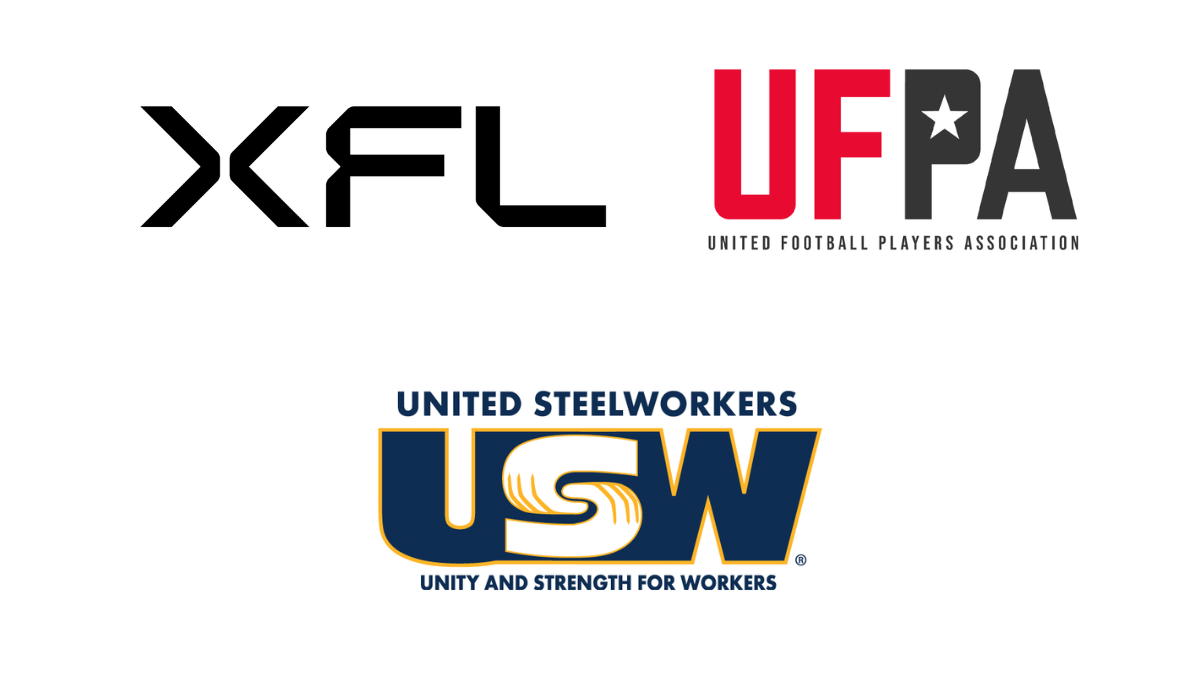PITTSBURGH — The United Steelworkers (USW) today said that professional football players have filed a petition for a representation election with Region 16 of the National Labor Relations Board (NLRB) on behalf of roughly 475 professional athletes in the XFL.
USW International President Thomas M. Conway said that organizing and bargaining collectively for better wages, benefits and working conditions is the surest way for players to achieve security and stability in their lives and careers.
“No matter whether it’s a factory or football field, every worker deserves a voice on the job and in determining their own futures,” Conway said. “As part of the USW, players will have a strong advocate to bargain fair and safe working conditions across the league.”
USW International Secretary Treasurer John Shinn, who represents the union on the AFL-CIO Sports Council, said that football players, like all workers, deserve fair treatment on the job.
“Our union is committed to working with players to improve conditions and ensure that they are treated with dignity and respect by the league,” Shinn said. “From our successful experience bargaining with the USFL, we know that players standing together in solidarity can win contract improvements throughout the season that will truly raise their standards of living.”
Ryan Cave, an executive with the United Football Players Association, said that players are organizing for the empowerment that comes with a union contract.
“All players throughout the league working together to build unity and solidarity is the key to getting results,” Cave said. “We know athletes stand to gain the most when we use one voice to demand fairness and justice on the job, and that’s what XFL players will achieve by organizing a union.”
For the 2023 season, the eight-team XFL will employ about 475 athletes who will play a ten-game regular-season schedule, followed by a four-team playoff for the league championship. The first game was played on February 18, and the championship will be held on May 13.
The USW represents 850,000 workers employed in manufacturing, metals, mining, pulp and paper, rubber, chemicals, glass, auto supply and the energy-producing industries, along with a growing number of workers in tech, public sector and service occupations.









